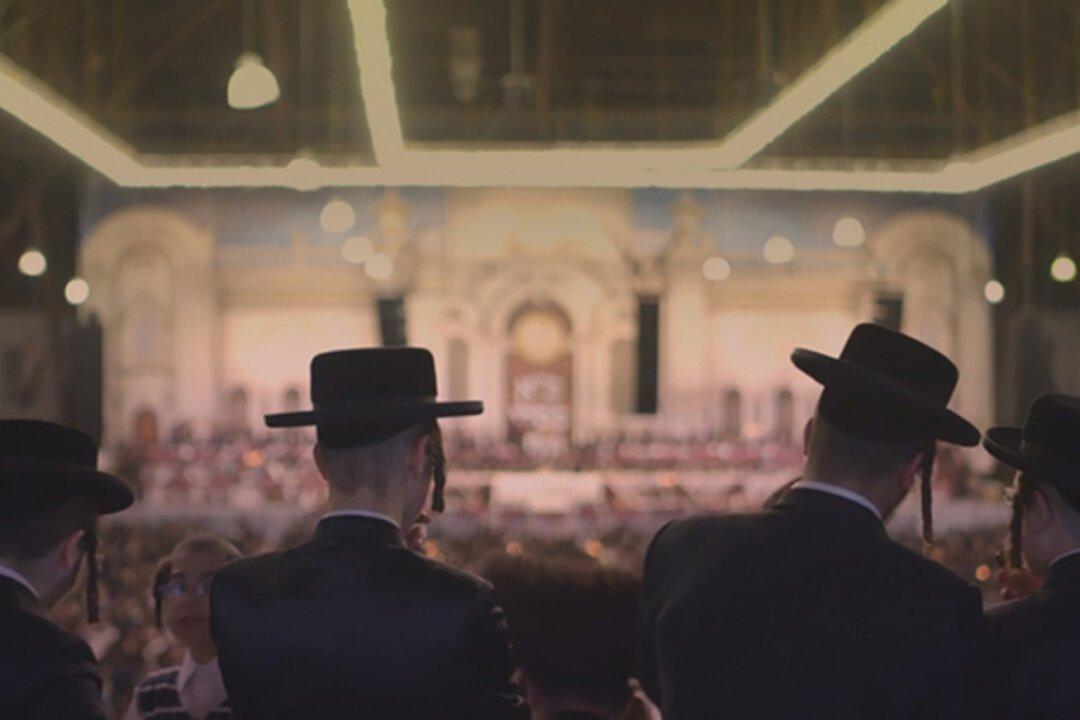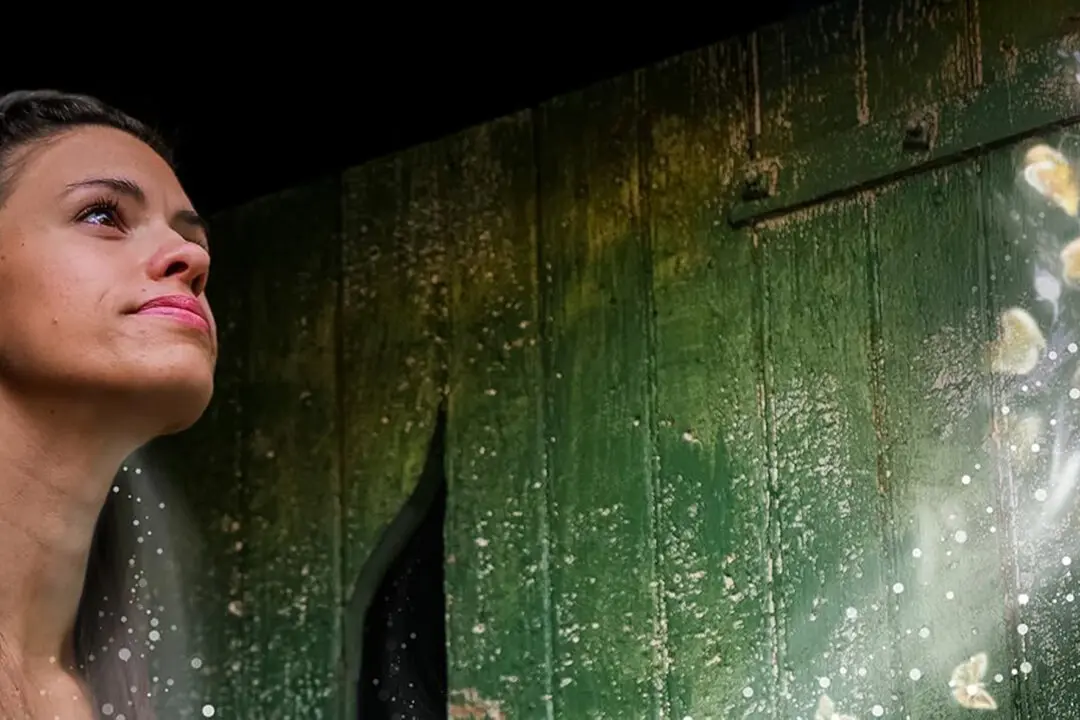NR | 1h 30min | Documentary | 3 January 2020 (USA)
Documentaries portray slices of life that many folks aren’t aware of. Unfortunately, many of these films are skewed by social, political, or cultural biases. For instance, when you read the plotline of the typical global-warming documentary, you can pretty much figure that the filmmakers are left-leaning. Whichever way the filmmaker leans, you’re likely to get a slanted and less even-handed account.






